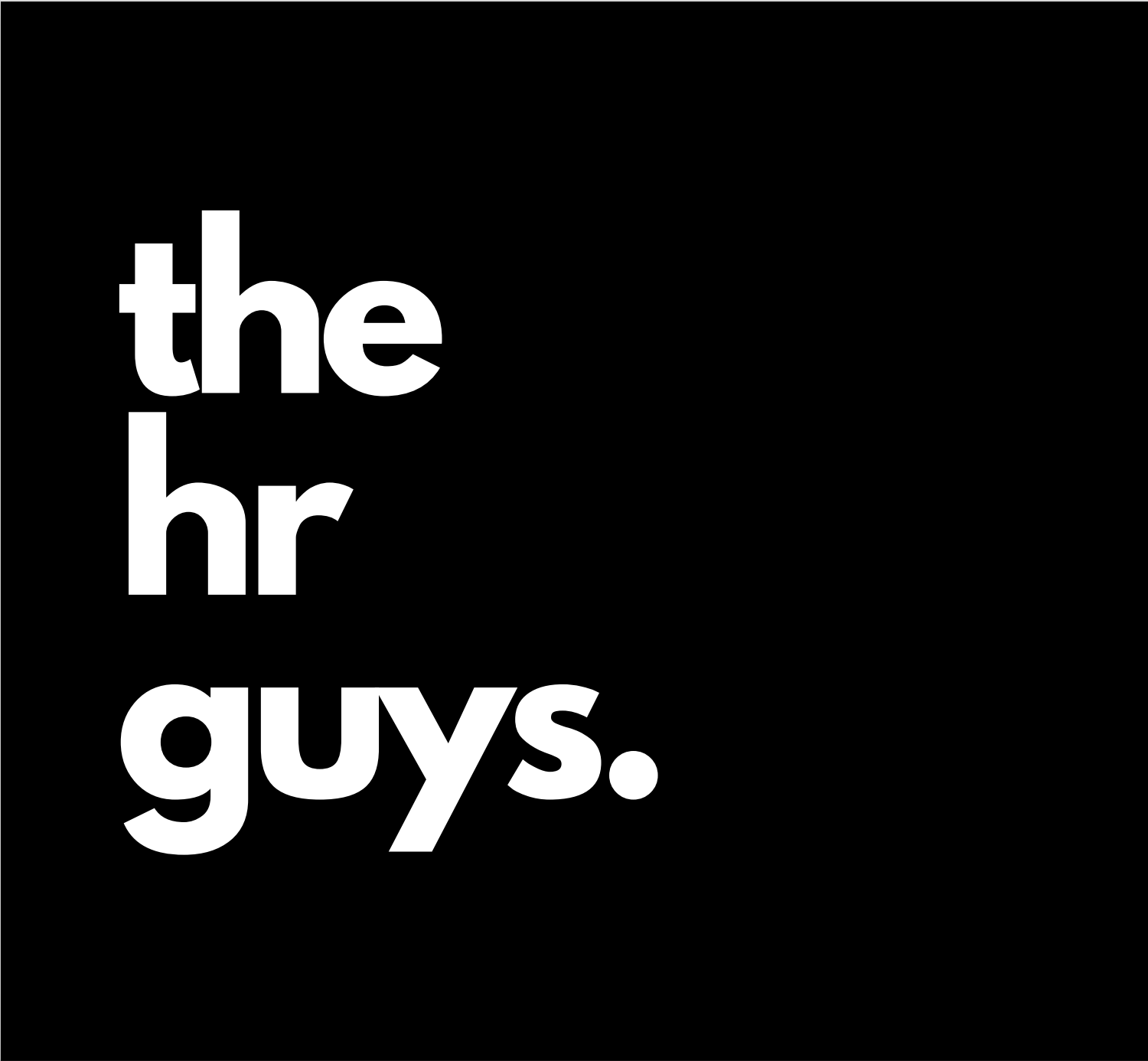You won’t have to scroll too far down your LinkedIn feed to find someone who has been disappointed with the level of feedback that they have received during their job search.
I don’t think this is a new thing, however in tougher times, it certainly makes more of an impact on those looking for work. In better times, it’s easier to shrug off as you have many other things that need your attention.
If, however you have been made redundant and need to get back into work, it can be soul-destroying.
It needs to change, but why does it happen in the first place?
I can offer some insight on this from my experience as an external Recruiter and from my understanding of internal HR. The caveat I will make at the start is that none of the following are excuses, rather reasons as to why things occur.
When we consider things from an Internal HR point of view, they have been hit from all angles. They are getting significantly more applications and are more than likely operating on reduced headcount.
If the correct investment has been made within an Internal Recruitment function, then they can be awesome. If not, they can quite quickly fail when put under pressure.
We have all seen adverts on LinkedIn, that have received many hundreds, even thousands of applications. Good luck shortlisting through all of those!
This significant increase in application numbers is coupled with the fact that many internal Talent people have seen themselves made redundant. The responsibility for recruitment is then falling on those who also have their own workload to contend with.
It’s easy to see how the process starts to fail and some of the basics that we expect are not delivered.
It’s not that they don’t want to, rather they are under incredible time pressures and delays can occur and the process is not as slick as it could be.
Ghosting, however, is just poor form and there can be no excuse for this, particularly if people have invested time in attending an interview with you.
Candidates can also be guilty of this and so we all just need to agree, that if you enter into communication with someone that you show them the courtesy of completing the dialogue.
When we look at it from a Recruitment Agency perspective, then it comes down to how the majority of the external recruitment market is structured.
I have seen a number of posts from experienced candidates explaining that when they become a recruiting client again, they will advise their blacklist of agencies that they are not going to use them.
I don’t blame them, I would do the same. What, however, would be more beneficial is looking at their whole recruitment process, in particular how they engage their suppliers.
I have written several times regarding the issues of the multi-agency contingency model. Under this model, candidate experience is poor at the best of times. In tougher times, it is quite frankly horrendous.
It is widely agreed that agencies working to a multi-agency contingency model, probably have a c25% fill rate which means they have to register 4 vacancies in order to create one placement. You quickly see how this becomes a numbers game and why so many recruitment agencies are heavily KPI driven.
If enough CVs are sent, then one may just get the job. In this instance, it is all about the volume of activity rather than a focus on quality.
In the current economic climate, there will be an incredible pressure for Consultants working within this model to make fees. To be fair it’s pretty savage at the best of times, with old school Recruitment Managers riding their Consultants around the office for not hitting their largely irrelevant KPIs.
With Recruitment Agencies fighting for their survival, all focus turns to what they will class as fee-earning activity. This means for most, getting jobs on and quickly sending CVs to try and get interviews and then closing any offers.
Unfortunately, candidate experience does not get much of a look in.
Yes, this may be short-sighted, however, the thought process is if you go out of business because you don’t make any fees, then a focus on developing long term relationships is pretty academic.
Again, I know this doesn’t help you if you are looking for a job, however, it does explain the situation.
It’s not that these Recruiters are bad people, they just have to operate in a terrible system, that gets even worse when put under pressure.
When all this is over, I would strongly urge all those responsible for buying recruitment services, to have a serious look at how they engage their third-party suppliers. This can go a long way to solving this problem.
It’s not 1997, the multi-agency contingency model is no longer required. There are much better options available that are more cost-effective and offer far better candidate experience.
Actually, do it now.
If you want to help those currently looking for new opportunities, then having a more efficient recruitment process will help them more than you could know.
I am talking about exclusivity and/or retained arrangements. It comes down to commitment and if both sides are fully committed to the process then it makes sense that time and quality of hire will improve.
Recruiters are not looking to get rich from collecting retainers, rather they want to ensure that both sides have skin in the game so they can do a proper job on your assignment.
Traditionally this approach was reserved for senior executive hire, however, the principle is valid for all levels. If a hire is not important to your business, then you probably should not be making it.
An experienced recruitment partner working on this basis will be able to write good quality advert copy that resonates strongly with your target audience.
They will be able to put together a clear recruitment timetable and will have the time to identify the best candidates for your vacancy by providing quality and well-rounded shortlists.
They can manage the offer and feedback process and through closer communication with candidates ensure a seamless transition into your business.
And finally, if you go with a smaller more agile business, not only will you benefit from an improved process, but also save money from an improved fee arrangement.
Written by Paul Withers



[…] post What can we do about poor feedback in Recruitment? first appeared on The HR […]